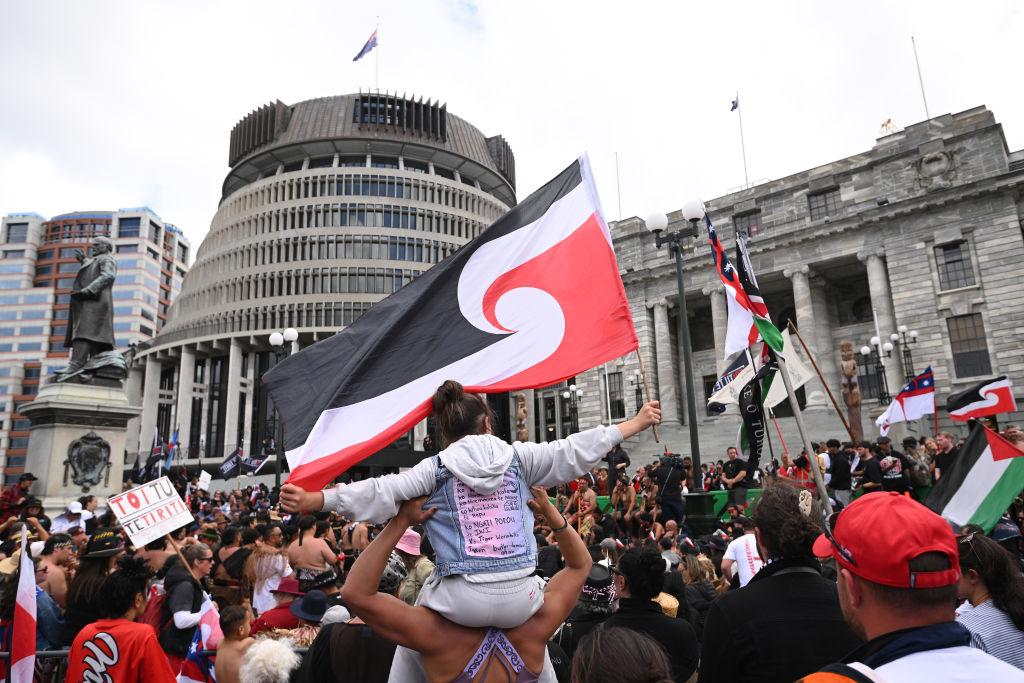After months of controversy—including a protest march the length of both islands of New Zealand and a record 300,000 written submissions—the ACT Party’s Treaty Principles Bill became a footnote in history on April 10 as every party voted against its second reading.
Prime Minister Christopher Luxon was absent as well as Minister of Foreign Affairs Winston Peters.





